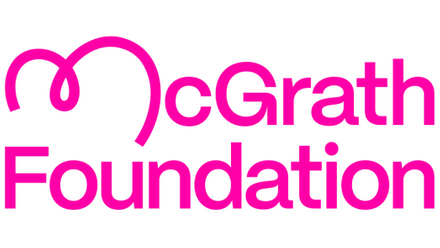Building Confidence, Building Capacity: The Impact of Difficult Venous Access Workshops
The subsidised micro credential courses have prioritised regional centres including Albury, Wagga Wagga, Tweed Heads, Dubbo, Wollongong, Warrnambool, Berwick, Bendigo, Ballarat, Mildura and Bowral, along with pre-Congress sessions in Brisbane and Adelaide that helped extend access to nurses from across Queensland and South Australia.
Alongside these regional locations, high demand has also led to multiple workshops in Sydney and Melbourne reflecting the nationwide appetite for practical, standardised evidence-based vascular access education.
Delivered by the ever-engaging expert Clinical Associate Professor Evan Alexandrou in combination with CNSA’s Vascular Access Devices and Infusion Therapy Specialist Practice Network, the micro credential courses provide a structured combination of online learning, an intensive hands-on skills day, and competency assessment.
It’s more than that though. This program empowers nurses to build their capability to work to the top of their scope and embed evidence-based vascular access guidelines into routine clinical practice. The workshops are designed not only to support individual skill development, but to enable participants to take new knowledge back to their units—creating lasting capacity and improving patient care across entire services.
We started this collaboration because patients with cancer frequently require peripheral intravenous cannulas (PIVCs) for investigations and treatment, but as our own Vascular Access Devices: Evidence-Based Clinical Practice Guidelines highlight - people with cancer often present with difficult intravenous access, with studies showing premature removal rates as high as 90% and complication rates of 69% for PIVCs. These challenges lead to multiple cannulation attempts, unnecessary patient discomfort, treatment delays, and increased morbidity and mortality.
It was important to bring to life Section 2 of the guidelines—Vessel Health and Preservation: Patients with Difficult Intravenous Access—which emphasise that a standardised, evidence-based approach to vessel health and preservation is essential to maximise first insertion success and minimise patient harm. We wanted to be more than research on a page, we wanted to drive evidenced-based change in clinical practice.
That’s why we also created the Management pathway for insertion of Peripheral Intravenous Cannula (PIVC) incorporating Difficult Venous Access (DIVA) (for peripherally compatible infusates), an easy to use practical algorithm to implement best practice for ensuring safe and efficient insertion. In other words, it helps decide when and how to proceed with PIVC in challenging cases – which is applied throughout the course.
To further support implementation of our guidelines recommending advanced management for patients with DIVA at the outset (e.g., ultrasound-guided PIVC insertion), the CNSA developed a position statement―endorsed by the Australian Vascular Access Society and the Alliance for Vascular Access Teaching and Research ―detailing education and competency requirements for cancer nurses.
We are excited to again offer these workshops in 2026, and to undertake further research to evaluate the impact of this intervention. If your workplace would like to be considered, please email Jemma Still with your organisation name and location (Suburb / Region / State) to be included in the process.







